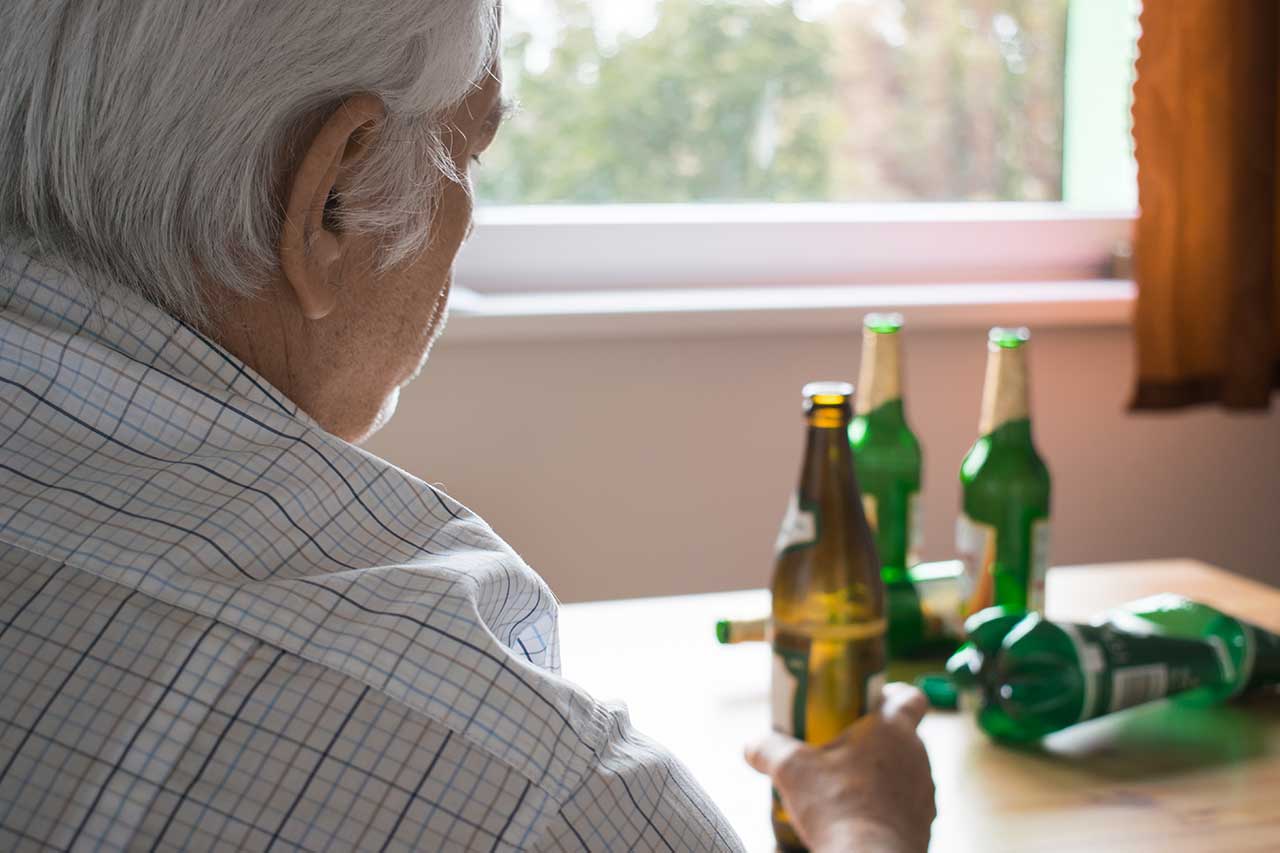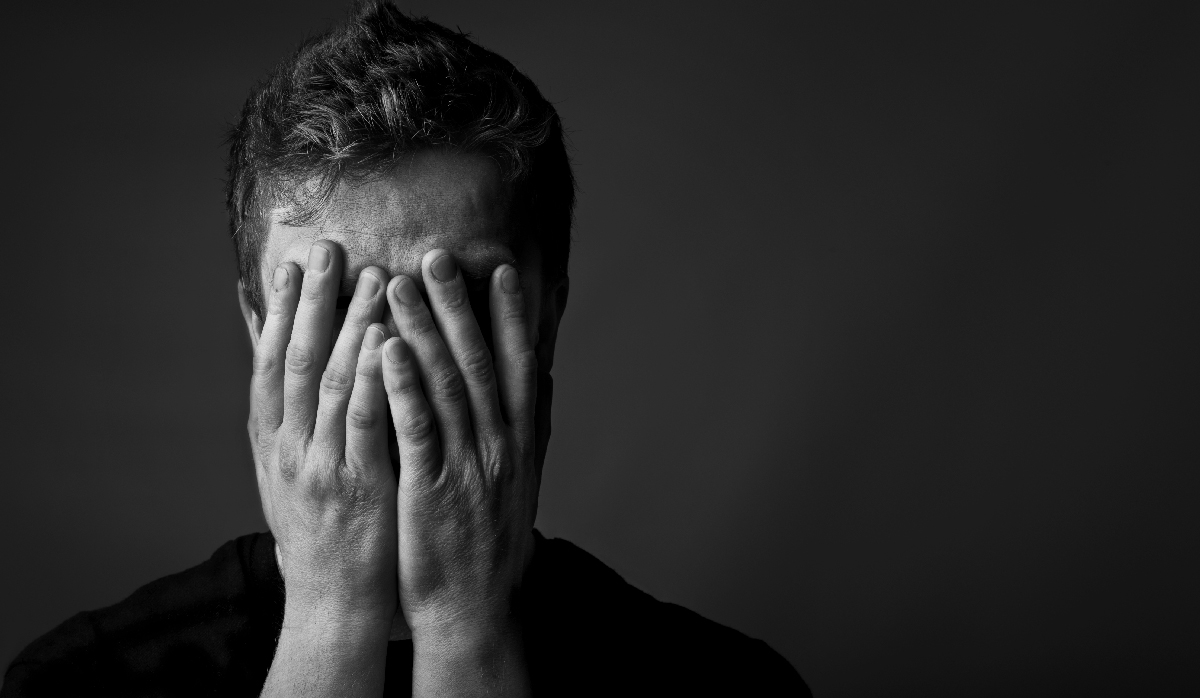Does binge drinking make you an alcoholic? While binge drinking and alcoholism have many similarities, they also have their differences, and many people who go through periods of heavy drinking aren’t necessarily addicted to alcohol. It’s common to picture someone with an alcohol use disorder drinking loads of alcohol every day, but there’s more to this condition than meets the eye. Keep reading for a comparison of binge drinking vs. alcoholism to better understand their differences and similarities.
Is Binge Drinking Alcoholism?
Binge Drinking
No, binge drinking is not alcoholism, and engaging in binge drinking does not make you an alcoholic. According to the National Institute on Alcohol Abuse and Alcoholism, binge drinking is defined as a pattern of drinking alcohol that raises your blood alcohol concentration (BAC) to 0.08 percent or higher.
Binge drinking is defined for the typical adult as consuming 4 or more drinks (female) and 5 or more drinks (male) within two hours.1 This habit is fairly common in the United States.
According to the 2019 National Survey on Drug Use and Health, about 24 percent of people in the U.S. (66 million) ages 12 and older reported past-month binge drinking.1 This type of drinking behavior is found to be most common in preteens and teens, young adults, older adults, and women.
Common warning signs of binge drinking include:
- Drinking heavily a few days during the week or on the weekends
- Becoming defensive when someone mentions your drinking
- Engaging in risky behaviors when under the influence of alcohol (such as drinking and driving)
- Having frequent blackouts or memory gaps after drinking
While some binge drinking may develop alcohol dependence or alcoholism, not all do. In fact, some binge drinkers may drink heavily during the weekends but can easily get through the week without alcohol.
Questions about our Programs?
Our admissions coordinators are available 24/7 to answer any questions you may have as you consider whether treatment at Banyan is right for you or your loved one.
Alcoholism
Also known as alcohol addiction or alcohol use disorder, alcoholism, on the other hand, isn’t defined by the number of drinks a person consumes. Instead, it’s a chronic disease characterized by the inability to control drinking, increased tolerance to alcohol, and continued alcohol consumption despite the negative consequences.
Common signs of alcoholism include:
- Drinking more than you intended to
- Drinking early in the day, such as when you first wake up
- Feeling defensive whenever someone mentions your drinking
- Not being able to slow down or stop drinking
- Needing more alcohol to experience the same effect (tolerance)
- Interference in work, school, family, and other responsibilities as a result of drinking
- Continuing to drink alcohol despite the negative impact on one’s relationships and performance at work or school
- Engaging in risky behaviors while under the influence of alcohol
Binge Drinking Versus Alcoholism: Key Differences
On the surface, alcoholism and binge drinking may seem very similar because both involve excessive drinking. However, the habits, methods, and underlying causes of these drinking patterns are different.
The differences between binge drinking and alcohol include:
- Physical dependence: A major difference between alcohol addiction and binge drinking is that binge drinkers are not physically dependent on alcohol. Unlike people with alcohol addictions, they don’t need to drink to feel normal. In fact, some binge drinkers can go for days, weeks, or months without drinking. On the other hand, people with alcoholism are physically dependent on alcohol, so much so that they often experience withdrawal symptoms when they reduce or stop their drinking.
- Frequency of drinking: A lot of binge drinkers have gaps between their episodes of drinking, while people with alcoholism tend to drink more regularly. Even high-functioning alcoholics, or people who can keep up with their responsibilities despite having an alcohol use disorder, have ritualized drinking habits.
- Functionality: Another noticeable difference between alcoholism and binge drinking is that people who binge drink can function better, and better keep up with their responsibilities more so than those with alcoholism. Even people with high-functioning alcoholism who don’t receive inpatient drug treatment eventually reach a point where their drinking consumes more of their time and hinders their ability to keep up with their responsibilities.
- Environmental factors: Another noticeable difference between binge drinkers and alcoholics is that people with alcohol addictions tend to drink in hiding. At this point, they may understand that they have a problem and want to hide it from others to avoid confrontation or feelings of guilt. People who binge drink usually prefer to do so in the afternoon or evening, preferably in a social and lively environment.
Get a Free Insurance Verification Today!
"*" indicates required fields
Binge Drinking Help
Although binge drinking is not alcoholism, it can contribute to an alcohol addiction if it’s not addressed. Long-term binge drinking can not only increase your likelihood of developing an addiction, but it can also have a serious impact on your relationships and health.
If you’re looking to quit binge drinking and regain control, our treatment center in Palm Beach offers cognitive behavioral therapy and other opportunities to work with counselors who will help you identify negative drinking habits and how to control them. For those who are past the point of binge drinking and are struggling with alcoholism, we provide medically assisted alcohol detox treatment that can help.
Medical detox is usually recommended to patients with alcohol use disorders to help them safely wean off of alcohol. Detox also increases patients’ likelihood of long-term recovery because it addresses alcohol cravings, as well.
To learn how our alcohol treatment in Florida can help you regain your health and sobriety, call Behavioral Health of the Palm Beaches today at 561-220-3981.
Related Reading:
Why Does Alcohol Withdrawal Cause Seizures?
Source:
NIH – What Is Binge Drinking?













